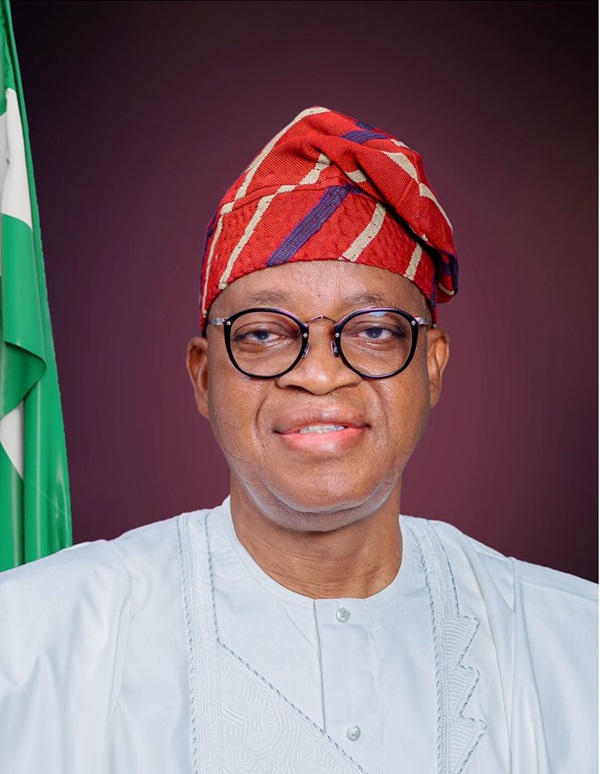
Nigeria has taken a bold and strategic leap towards maximising the economic, environmental and social value of its marine and coastal assets.
On Monday, May 5, 2025, the Federal Executive Council (FEC) approved the country’s first-ever National Marine and Blue Economy Policy – a landmark move described by many as a turning point in the nation’s development trajectory.
The Minister of Marine and Blue Economy, Adegboyega Oyetola, hailed the FEC’s approval as timely, visionary, and transformative. According to the minister, the new policy lays a solid foundation for sustainable prosperity by offering a long-term strategic guide for the development and governance of Nigeria’s marine and blue economy sector over the next decade.
“This is a defining moment for our nation,” Oyetola declared following the policy’s ratification. “The Federal Executive Council’s endorsement of this visionary policy signals a new dawn for Nigeria’s engagement with its marine and aquatic resources. It is not just a policy document – it is a bold declaration of intent and action.”
The minister emphasised that the policy aims to unlock the full potential of Nigeria’s vast marine and inland water assets, which include 853 kilometers of coastline and expansive river systems. He explained that while these resources have long been underutilised, the newly approved framework offers practical solutions to transform them into drivers of economic growth, environmental sustainability and inclusive development.
The policy outlines comprehensive strategies for maritime trade, port development, sustainable fisheries, aquaculture, marine biotechnology, ocean energy, coastal tourism and ecosystem conservation. Oyetola described it as a “living document,” adaptable to evolving global trends and local needs, and designed to remain relevant through innovation and stakeholder engagement.
“This policy is forward-thinking. It balances environmental stewardship with economic ambition, and it provides clear, actionable steps for all stakeholders – public and private – to follow,” he said.
According to the minister, the policy was the product of a rigorous, transparent and inclusive development process. He praised the extensive consultations held with industry experts, coastal communities, government agencies, civil society groups and international development partners.
“This is not a top-down initiative,” Oyetola stressed. “It reflects the voices, aspirations, and insights of a broad coalition of stakeholders. That’s why we believe it has the credibility and practicality needed for meaningful implementation.”
He noted that a key component of the policy is its embedded monitoring and evaluation (M&E) framework, which is designed to track progress, ensure transparency and foster accountability throughout its ten-year implementation period.
Equally important, Oyetola underscored the crucial role of private sector investment in achieving the policy’s ambitious goals. He encouraged both local entrepreneurs and international investors to take advantage of the emerging opportunities within Nigeria’s marine and blue economy landscape.
“Private sector investments are essential for unlocking the full potential of this sector,” he stated. “We are particularly focused on Public-Private Partnerships (PPPs) to bridge financial gaps, drive innovation and deliver world-class infrastructure and services.”
Oyetola assured that the Ministry of Marine and Blue Economy is fully committed to leading the implementation phase with diligence, professionalism, and transparency. He said the ministry has already begun laying the groundwork for pilot projects and capacity-building programmes that align with the policy’s objectives.
The policy, he added, is in full alignment with President Bola Ahmed Tinubu’s Renewed Hope Agenda, which prioritises economic expansion, environmental protection, climate resilience and social inclusion.
“This policy reflects Mr. President’s vision of a reimagined Nigeria – one that draws strength from its natural endowments while safeguarding the environment for future generations,” Oyetola said.
Reaffirming his commitment to results, the Minister concluded with a call to action:
“It is time to turn the tide,” he declared. “The ocean is not just a boundary – it is our future. And with this policy, we are ready to navigate that future with clarity, purpose, and unity.”

